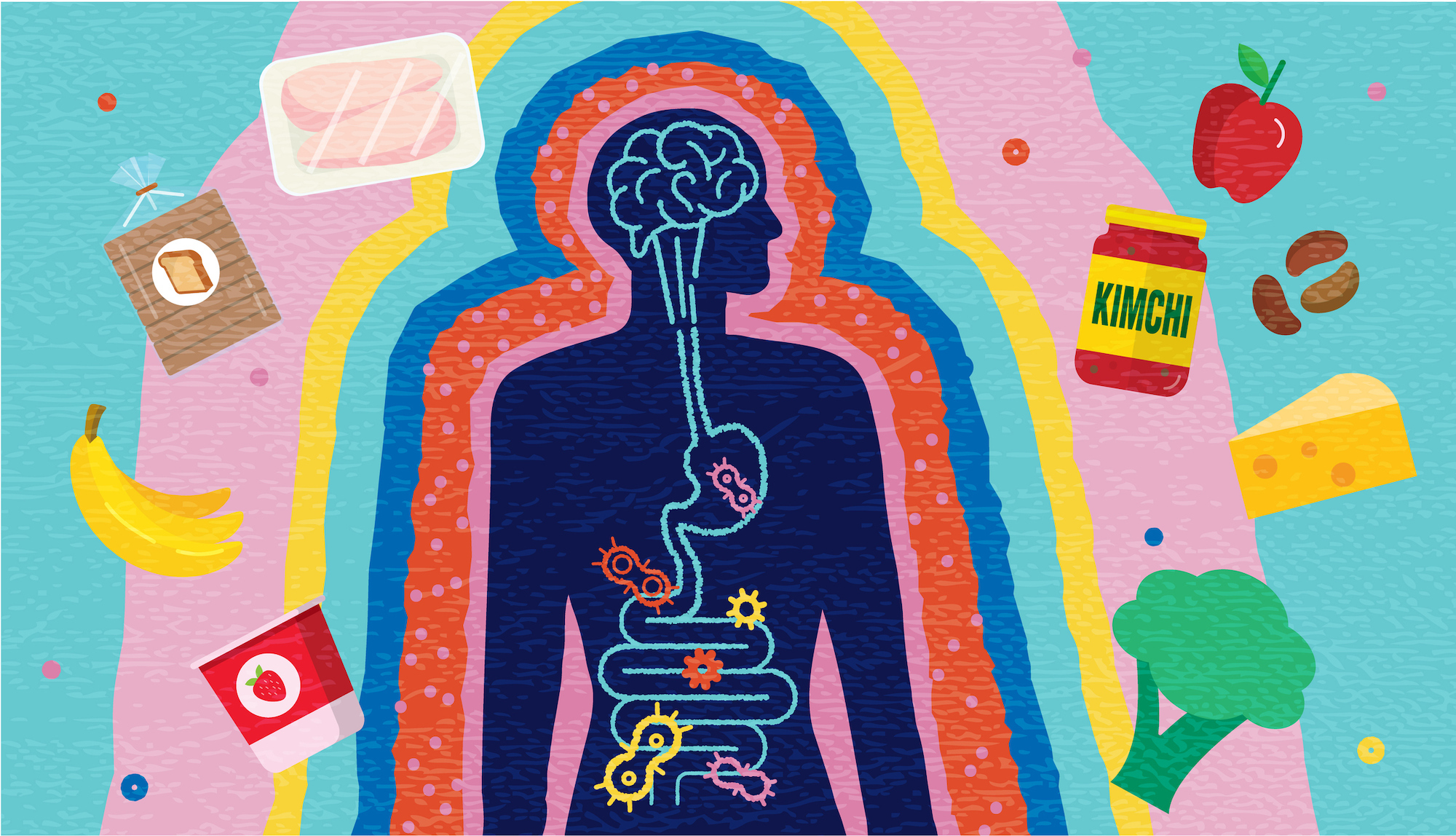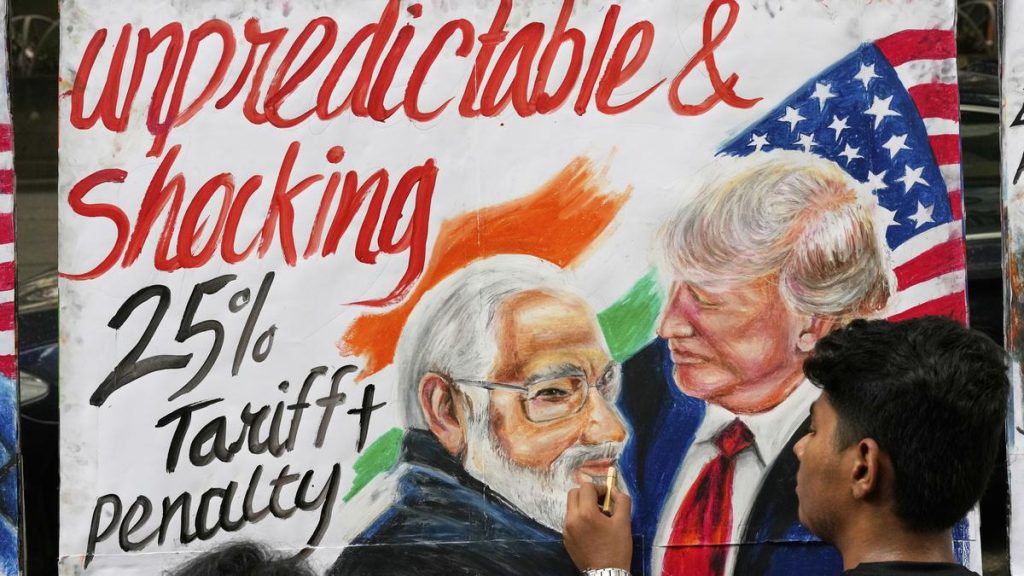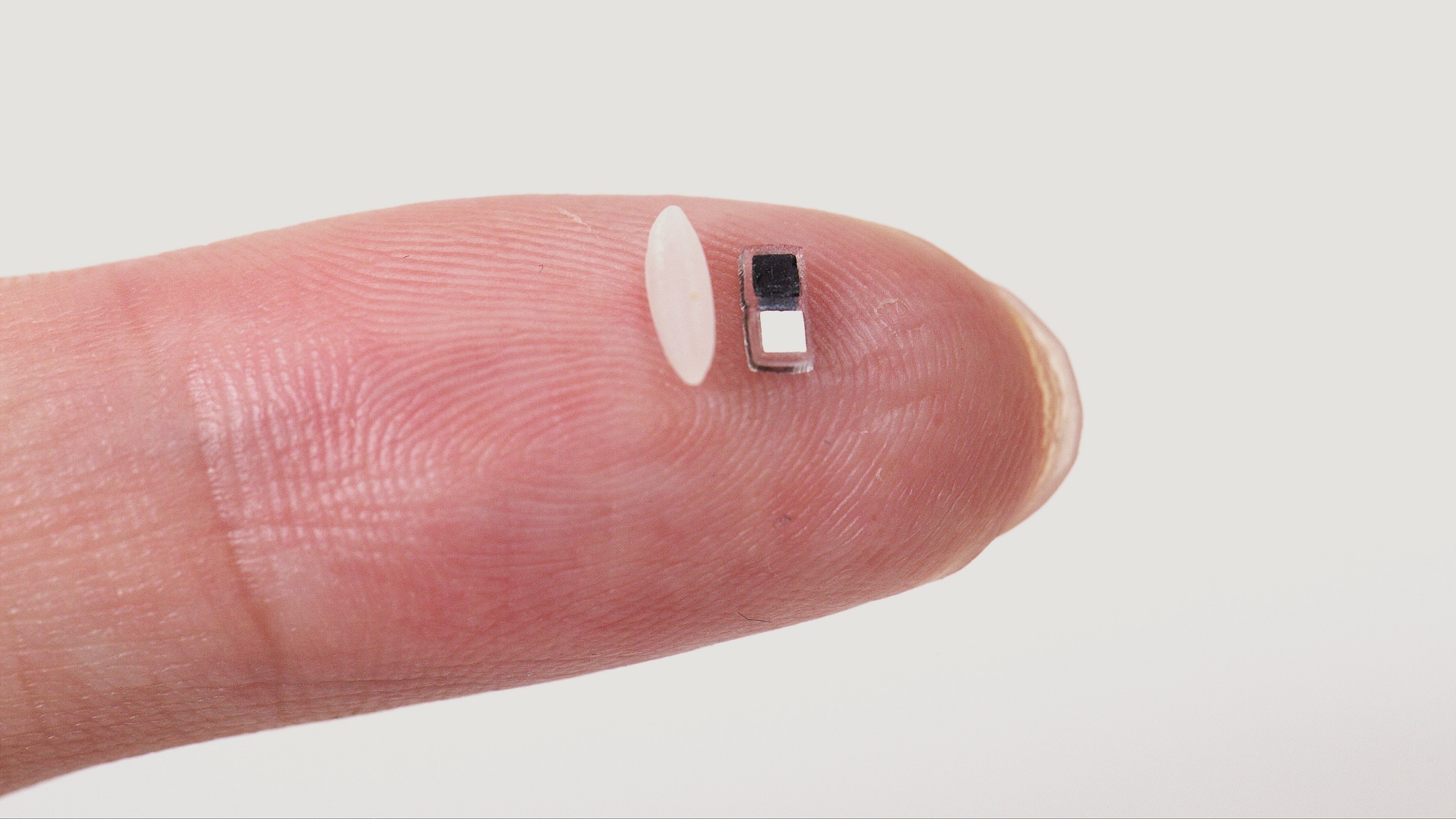Now Reading: How the Brain Remembers Food Poisoning Triggers
-
01
How the Brain Remembers Food Poisoning Triggers
How the Brain Remembers Food Poisoning Triggers

Rapid Summary
- Study Findings: Researchers at Princeton University identified a “memory hub” in the central amygdala of mice responsible for food aversion caused by food poisoning.
- One-shot Learning: This type of learning occurs after a single traumatic experience,such as food poisoning,creating lasting negative associations with specific foods.
- Experiment Details: Mice drank grape kool-aid, followed by an injection causing temporary illness. two days later, they strongly avoided Kool-Aid and preferred water instead.
- Brain Mechanism Observed: The central amygdala was activated during novel flavour tasting, sickness onset, and memory retrieval associated with illness symptoms. Signals from specialized gut-connected hindbrain cells involving CGRP proteins were traced to reactivation of neurons linked to prior negative experiences.
- Potential applications: The study provides insights into how the brain forms delayed cause-and-effect associations between events like eating novel foods and experiencing sickness afterward.
Indian Opinion Analysis
This research represents a significant step in understanding neural mechanisms behind long-term memory formation related to single-event trauma like food aversion due to poisoning. While conducted on mice, the findings could eventually translate into developing treatments for humans suffering from post-traumatic stress or anxiety tied to similar learning processes.
India notably struggles with food safety issues due to inadequate enforcement of standards and high levels of contamination reported in certain sectors like street vending or mass catering services. Insights into preventing strong psychological associations from one-off episodes may help tackle societal fears related not only to health outcomes but also public trust in specific types of cuisine or vendors over time.Moreover, as India continues its advancements in neuroscience research collaborations globally and domestically (such as IIT centers focused on cognitive science), investigations along similar lines could assist treatment protocols for disorders triggered by trauma extending beyond just physical ailments-having far-reaching implications for mental health care innovation within India’s diverse population spectrum.




























